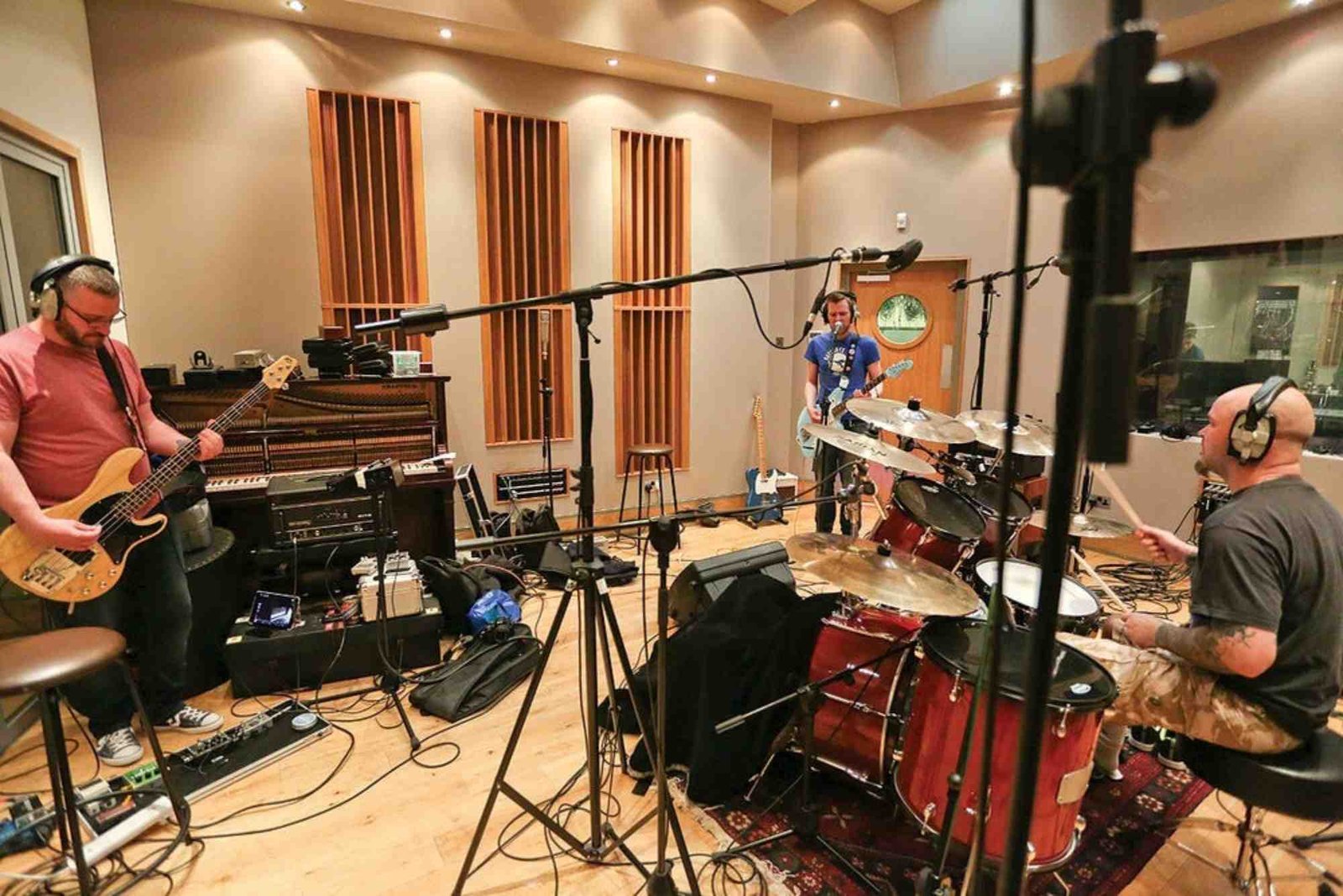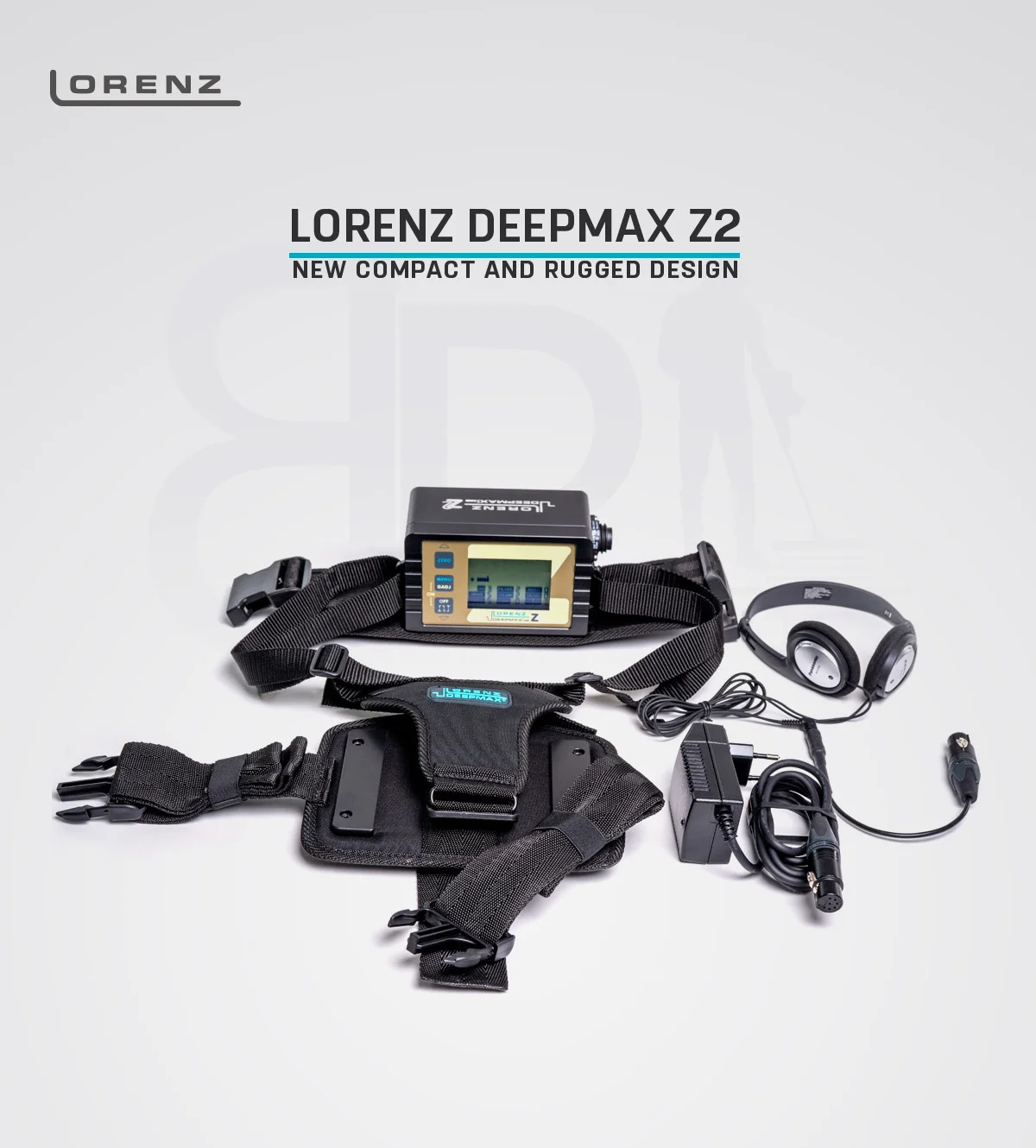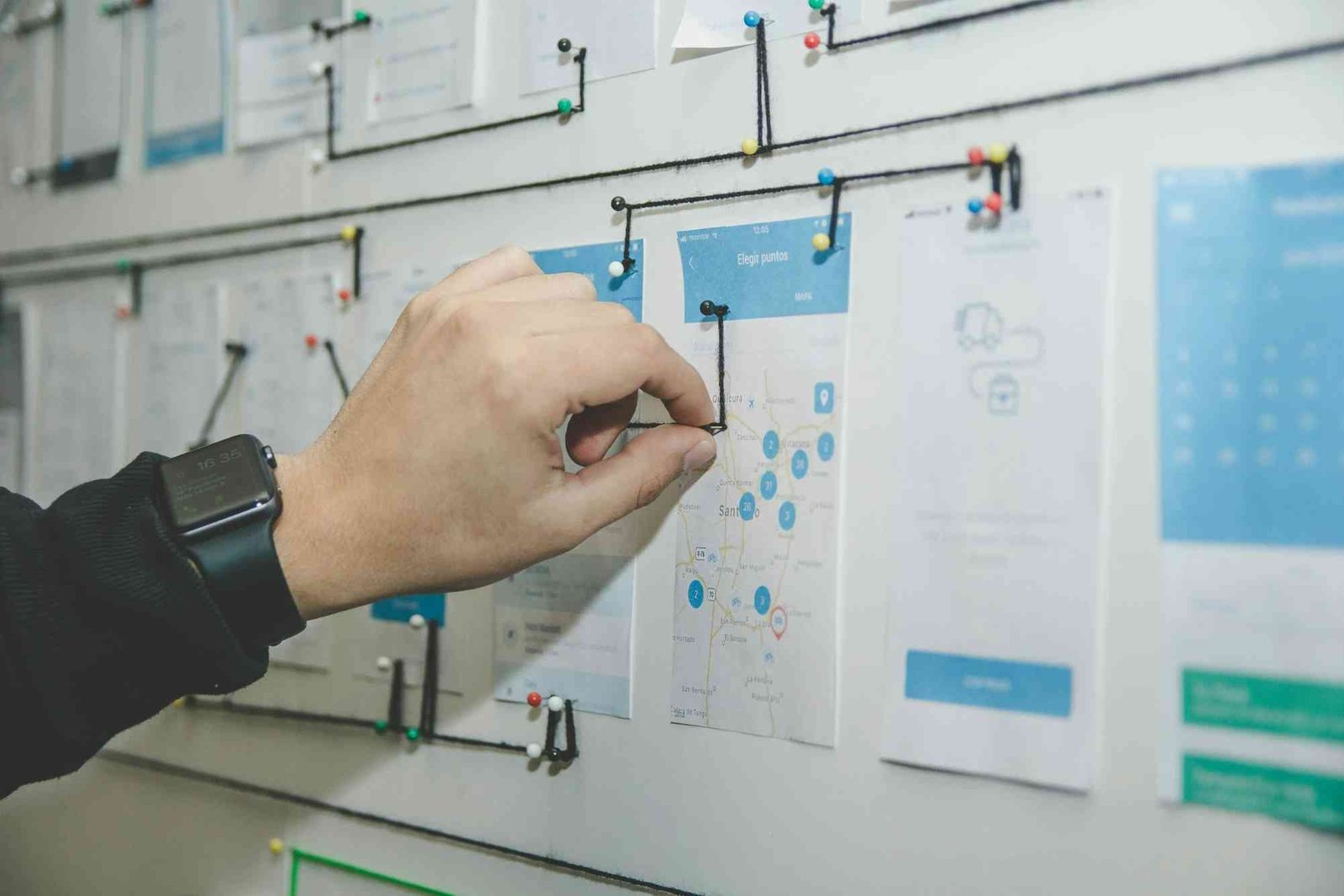Sound engineering is a fascinating field that blends technical expertise with creative flair, shaping the way we experience music and audio in various settings. Two primary branches of this discipline—studio sound engineering and live sound engineering—offer distinct roles, challenges, and rewards. While both involve manipulating audio to achieve high-quality results, their environments, tools, and objectives differ significantly. This article explores these differences in detail, with insights into live sound engineering in Delhi, India, to help aspiring engineers understand which path aligns with their skills and passions.
Understanding Studio Sound Engineering
Studio sound engineering focuses on creating polished audio recordings in a controlled environment, typically a recording studio. Engineers work with artists, producers, and other professionals to capture, edit, mix, and master audio for music, podcasts, films, or other media. The goal is to produce a flawless, reproducible sound that meets the artistic vision and technical standards.
Key Responsibilities of Studio Sound Engineers
-
Recording: Capturing high-quality audio using microphones, preamps, and digital audio workstations (DAWs) like Pro Tools or Logic Pro.
-
Editing: Refining recordings by removing noise, adjusting timing, or correcting pitch.
-
Mixing: Balancing levels, panning, and effects to create a cohesive sound.
-
Mastering: Finalizing the audio for distribution, ensuring consistency across playback systems.
Studio engineers have the luxury of time to perfect their work. They can re-record takes, experiment with effects, and fine-tune every detail. The controlled environment minimizes external variables like background noise or equipment failures, allowing for precision and creativity.
Skills and Tools
Studio engineers need a deep understanding of acoustics, signal flow, and audio processing. They must be proficient with DAWs, outboard gear (e.g., compressors, equalizers), and studio monitors. Attention to detail, patience, and collaboration with artists are crucial. In Delhi, India, studios like Nirvana Studios and Yash Raj Studios rely on engineers skilled in these areas to produce world-class recordings.
Exploring Live Sound Engineering
Live sound engineering involves managing audio for real-time performances, such as concerts, theater productions, or corporate events. Unlike the controlled studio setting, live sound engineering operates in dynamic, unpredictable environments where quick thinking and adaptability are essential. In a bustling city like Delhi, live sound engineering in Delhi, India, is a thriving field, with venues like JLN Stadium and Kingdom of Dreams hosting large-scale events that demand skilled engineers.
Key Responsibilities of Live Sound Engineers
-
Soundcheck and Setup: Configuring microphones, speakers, and mixing consoles before the event.
-
Live Mixing: Adjusting audio levels, effects, and feedback in real time to suit the venue and audience.
-
System Management: Tuning PA systems and ensuring optimal sound distribution across the venue.
-
Troubleshooting: Addressing issues like feedback, equipment failure, or unexpected noise on the spot.
Live sound engineering requires engineers to work under pressure, as there’s no opportunity for retakes. The audience’s experience depends on the engineer’s ability to deliver clear, balanced sound in real time, making it a high-stakes role.
Skills and Tools
Live sound engineers need expertise in live mixing consoles (e.g., Yamaha QL Series, DiGiCo), line array systems, and in-ear monitors. They must understand venue acoustics and crowd dynamics. In live sound engineering in Delhi,India, engineers often work with diverse setups, from small clubs to large outdoor festivals, requiring versatility and quick problem-solving skills.
Key Differences Between Studio and Live Sound Engineering
1. Environment
-
Studio: Controlled, quiet, and isolated. Engineers work in soundproof rooms with consistent acoustics, allowing for precise audio capture and manipulation.
-
Live: Unpredictable, with variables like crowd noise, weather (for outdoor events), and venue acoustics. Engineers must adapt to changing conditions.
2. Time Constraints
-
Studio: Engineers can spend hours or days perfecting a single track. Multiple takes and extensive editing are common.
-
Live: Real-time performance means decisions must be made instantly. There’s no room for error, as the audience hears everything as it happens.
3. Objectives
-
Studio: The focus is on creating a polished, repeatable product for distribution, such as an album or podcast.
-
Live: The goal is to deliver an immersive experience for the live audience, prioritizing clarity and energy in the moment.
4. Equipment
-
Studio: Relies on DAWs, high-end microphones, and studio monitors. Equipment is stationary and optimized for recording.
-
Live: Uses rugged, portable gear like mixing consoles, PA systems, and wireless microphones designed for live performance durability.
5. Interaction with Artists
-
Studio: Engineers work closely with artists over extended periods, often building long-term relationships during recording sessions.
-
Live: Interaction is brief and focused, typically limited to soundchecks and performances, with less time for collaboration.
6. Skill Emphasis
-
Studio: Requires meticulous attention to detail, editing skills, and a deep understanding of music production.
-
Live: Demands quick thinking, adaptability, and the ability to manage complex systems under pressure.
Live Sound Engineering in Delhi, India
Delhi’s vibrant music and event scene makes live sound engineering in Delhi, India, a dynamic career choice. From cultural festivals like Hornbill to concerts by international artists, live sound engineers in Delhi face unique challenges. Venues vary widely, from historic theaters to open-air arenas, requiring engineers to adapt to diverse acoustics and crowd sizes. Training programs like those at the Sound Engineering Academy in Delhi equip professionals with skills tailored to these demands, emphasizing real-world experience.
Which Path is Right for You?
Choosing between studio and live sound engineering depends on your personality, skills, and career goals:
-
Choose Studio Engineering if you enjoy working in a controlled environment, have a passion for music production, and prefer detailed, creative work with flexible timelines.
-
Choose Live Sound Engineering if you thrive in high-energy settings, enjoy problem-solving under pressure, and love the thrill of live performances.
Both paths offer rewarding careers. Studio engineers can shape chart-topping albums, while live sound engineers create unforgettable audience experiences. In Delhi, opportunities in both fields are growing, with studios and live venues seeking skilled professionals.
Challenges and Rewards
Studio Engineering Challenges
-
Repetition: Editing and mixing can be tedious, requiring patience.
-
Client Expectations: Balancing artistic vision with technical constraints can be tricky.
-
Rewards: The ability to craft timeless recordings and work closely with artists.
Live Sound Engineering Challenges
-
Unpredictability: Equipment failures or unexpected noise require quick fixes.
-
Physical Demands: Long hours and travel, especially for touring engineers.
-
Rewards: The adrenaline of live events and direct audience impact.
Getting Started in Sound Engineering
Aspiring engineers can start by:
-
Education: Enroll in audio engineering courses, such as those offered by institutes in Delhi or online platforms like Coursera.
-
Hands-On Experience: Intern at studios or volunteer at live events to gain practical skills.
-
Networking: Connect with professionals in Delhi’s music scene to find opportunities.
-
Gear Familiarity: Learn industry-standard tools like Pro Tools (studio) or DiGiCo consoles (live).
Conclusion
Studio and live sound engineering are two sides of the same coin, each offering unique challenges and opportunities. Studio engineering suits those who love precision and creativity in a controlled setting, while live sound engineering in Delhi, India, appeals to those who thrive in fast-paced, real-time environments. By understanding their differences, you can choose the path that aligns with your skills and passion, whether crafting studio masterpieces or amplifying live performances in Delhi’s vibrant scene.








